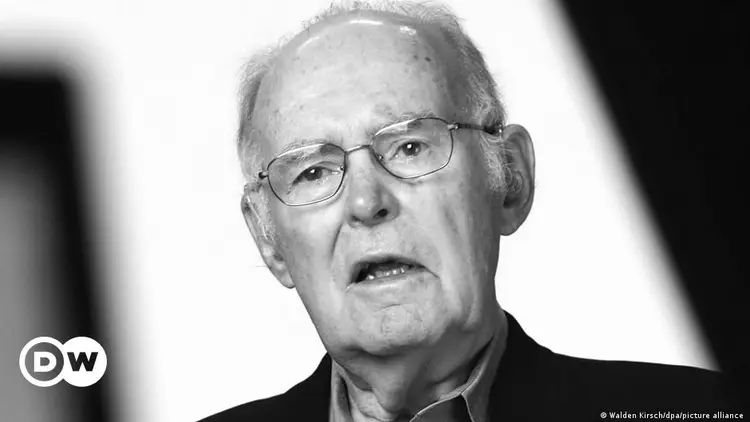Gordon Moore, co-founder of Intel, passes away at the age of 94.

Gordon Moore, one of the founders of the leading semiconductor company, Intel, has passed away at the age of 94. He was a pioneer in the microprocessor industry, which gave rise to the computers and smartphones that are now ubiquitous in our daily lives.
Intel announced that its founder, Moore, passed away at his residence in Hawaii with his loved ones by his side. Moore had withdrawn from the corporation in 2006.
How did Moore shape the computing industry?
Moore was one of the early adopters in the semiconductor field, which has played a significant role in minimizing the size of computing devices like smartphones and laptops.
The Impact of Quantum Computers on the Future of Microchip Production in the USA
In order to watch this video, make sure to activate JavaScript and think about upgrading to a web browser that is compatible with HTML5 video.
After obtaining a doctoral degree from CalTech in 1957, he became a member of Fairchild Semiconductor Laboratory, one of the early companies that worked on producing feasible transistors and integrated circuits for commercial use.
The company's expansion occurred simultaneously with the alteration of the strip of land located south of San Francisco, which has since evolved into the widely recognized tech hub, Silicon Valley.
In 1968, Moore and his partner Robert Noyce left Fairchild to start a new company named Intel. Later, Andy Grove joined the newly established company and became its CEO.
Understanding 'Moore's Law': A Brief Overview
For many years, Intel was the leading company in the field of semiconductors. Moore was a key figure in the company's success, dedicating countless hours and effort to develop Noyce's concepts. In an interview with Fortune magazine, Moore referred to himself as an "unintentional businessperson."
One of his most significant accomplishments that persisted over time was what we know as "Moore's Law." Back in 1965, he wrote an article in which he forecasted that the practice of doubling the number of transistors on microchips annually since the inception of integrated circuits would endure. Eventually, he modified his prediction to every two years.
For many years, the statement known as "Moore's law" was considered to be accurate and described the fast pace at which technology was improved.
Pat Gelsinger, the CEO of Intel, expressed sorrow on Twitter over the loss of a brilliant figure in the industry. He also pledged to work tirelessly to surpass the achievements of both the late prodigy and Robert Noyce, who founded Intel.
Gelsinger expressed that the impact of his legacy has transformed the lives of each and every individual on this planet. He added that although he is no longer with us, his remembrance will forever be present.























































